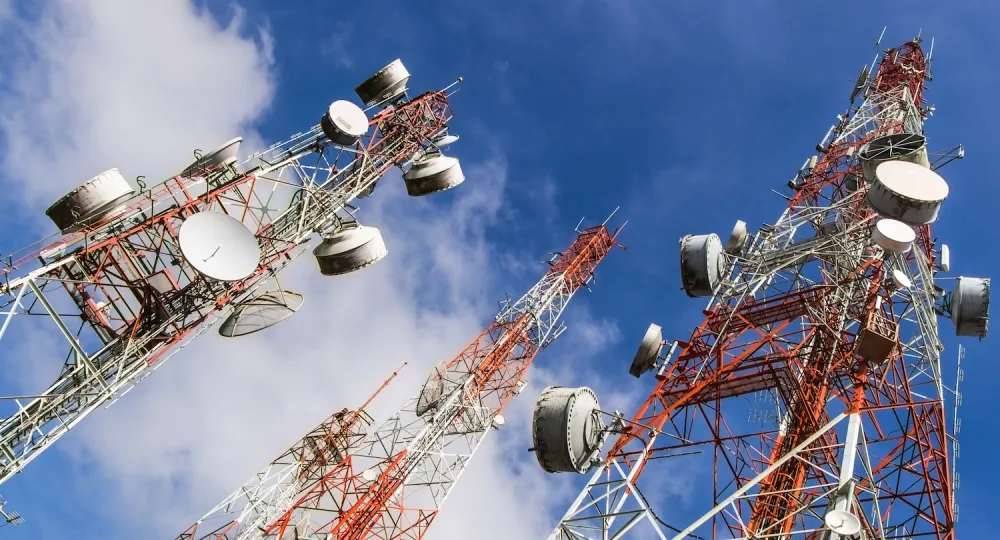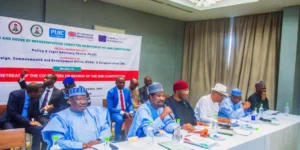The Nigerian telcos industry is facing significant challenges, with a staggering 40.8% decline in Average Revenue Per User (ARPU) recorded in Q3 2024. This drop, from $3.12 in Q3 2023 to $1.85 in Q3 2024, highlights increasing financial pressure on telcos amid rising operational costs.
Telcos Hit Hard by Declining ARPU
Financial reports reviewed by 9am News Nigeria reveal a steep decline in ARPU for major telecom operators:
- MTN Nigeria: Dropped to $2.09 from $3.24.
- Airtel Nigeria: Dropped to $1.60 from $3.
Despite MTN Nigeria’s revenue growing by 33.5% to ₦2.4 trillion between January and September 2024, Airtel Nigeria experienced a 46.87% revenue decrease, totaling $755 million.
Operational Costs Surge
Both telcos attribute their reduced profitability to skyrocketing operational costs:
- MTN Nigeria: Operational expenses surged by 95.87%, reaching ₦1.13 trillion in 2024 compared to ₦575.46 billion in 2023.
- Airtel Nigeria: Reported a 90% increase in diesel costs, reflecting the broader energy crisis affecting the industry.
Fuel prices have spiked dramatically, with diesel and petrol prices rising by 66% and 257%, respectively, in 2023. Exchange rate fluctuations and currency depreciation further strain telcos’ earnings.
Nigeria’s Global Standing in Telecom Profitability
According to GSMA, Nigeria now ranks among the lowest-performing countries in telecom profitability.
- MTN Nigeria dropped to 13th place among the MTN Group’s 17 subsidiaries.
- Airtel Nigeria now ranks as the least profitable among Airtel’s 14 African subsidiaries.
“Falls in ARPUs indicate pressure on prices and reductions in average usage,” GSMA noted, emphasizing the urgent need for operational and capital expenditure reforms.
Calls for Sustainable Solutions
Gbenga Adebayo, Chairman of the Association of Licensed Telecom Operators of Nigeria (ALTON), has called for long-term solutions.
“Prices will need to rise, but action must be measured through sustainable conversations with the government,” Adebayo stated.
Conversely, Nigeria’s Minister of Communications, Innovation, and Digital Economy, Bosun Tijani, cautioned against relying solely on tariff increases.
“The business environment must be made conducive for investors. Tariff adjustments alone won’t solve the challenges,” Tijani emphasized.
NCC to Review Tariff Requests
The Nigerian Communications Commission (NCC) is currently reviewing requests from telcoms for tariff adjustments, but no decisions have been announced yet.
Conclusion
The ARPU decline highlights deep-seated challenges in Nigeria’s telecom sector, exacerbated by energy costs and macroeconomic pressures. While telcos call for tariff adjustments, broader reforms are necessary to create a sustainable business environment.
Stay tuned to 9am News Nigeria for more Breaking News, Business News, Sports updates And Entertainment Gists.
















